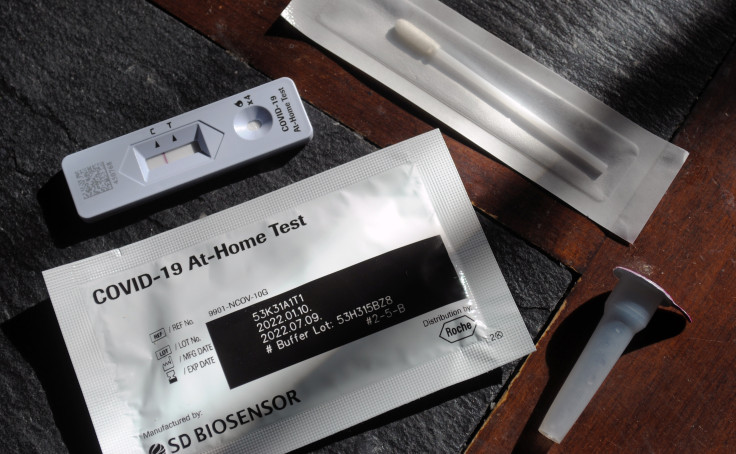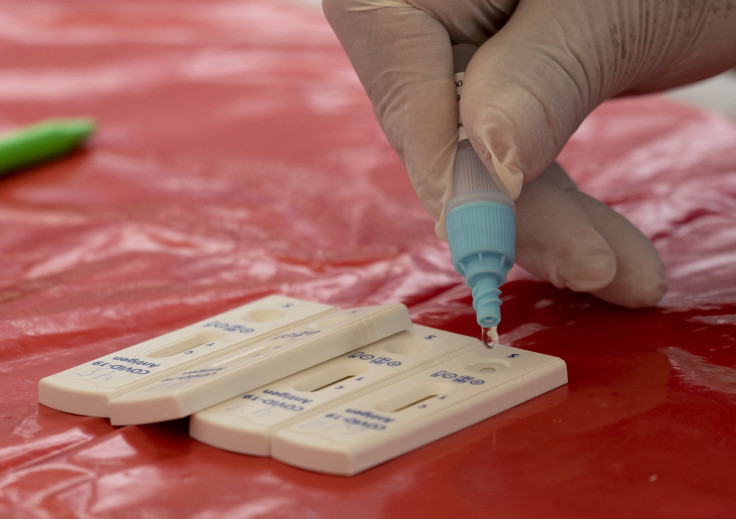
The world changed four years ago after the World Health Organization officially declared that the Covid-19 had caused a global pandemic.
March 11, 2020, was a momentous day, as countries started toughening sanitary measures to deal with what would become a relentless climb of hospitalizations and deaths in large portions of the world.
In the U.S., then-President Donald Trump imposed a travel ban from Europe. The NBA cancelled the rest of its season, most large events following suit shortly after.
Lockdowns, daily death tolls, economic stimulus and vaccines marked the pandemic period. Four years later, the scenario is quite different. A new survey by the Pew Research Center showed that the amount of Americans who view Covid-19 as a major threat to the health of the U.S. population has decreased significantly, clocking in at 20% at the moment. The figure stands in contrast with the two thirds who considered it to be the case during the summer and fall of 202.
Moreover, 28% of U.S. adults say they received the latest vaccine reinforcement recommended by the Centers for Disease Control and Prevention (CDC) last fall. The figure has been dropping steadily since August 2021, when almost 70% had gotten a booster. It was 48% in January 2022 and 34% in March of last year before reaching the current figure.
Looking at Latinos in the U.S., 70% said the haven't gotten the latest booster that became available last September. 27% said they did, the lowest figure for any demographic in the country, although by slight margins. 35% of Asian Americans did, compared to 29% of Blacks and 28% of Whites.

The largest gap in this case is political. 83% of Republicans didn't get the shot and 15% did, compared to 58% of Democrats who didn't and 42% who did. Adding the age factor, the survey recalls that "when vaccines first became available in 2021, large majorities of both Republicans and Democrats ages 65 and older said they had received the vaccine."
"But as additional doses have become available, uptake among older Republicans has declined at a faster rate than among older Democrats. In the current survey, 66% of Democrats ages 65 and older say they have received the updated COVID-19 vaccine, compared with 24% of Republicans ages 65 and older," the study adds.
However, the decreasing levels of concern don't mean the pandemic is over. "The virus continues to circulate widely in the United States, with wastewater data suggesting that cases in the early part of 2024 were among the highest they have been since the first omicron wave in 2022."
And many in the country consider long Covid -a variety of symptoms such as fatigue and brain fog that last longer than a month after a Covid-19 infection- a relevant issue that merits investigation. "50% of Americans say it is extremely or very important for medical researchers and health care providers to understand and treat long Covid," while 21% say it's somewhat important, the study added.
"Awareness of long Covid also shapes views on its importance: Those who have heard a lot about long Covid are more likely than those who have heard a little about it to say it's extremely or very important for medical professional to address it (76% vs. 60%)."
© 2024 Latin Times. All rights reserved. Do not reproduce without permission.







